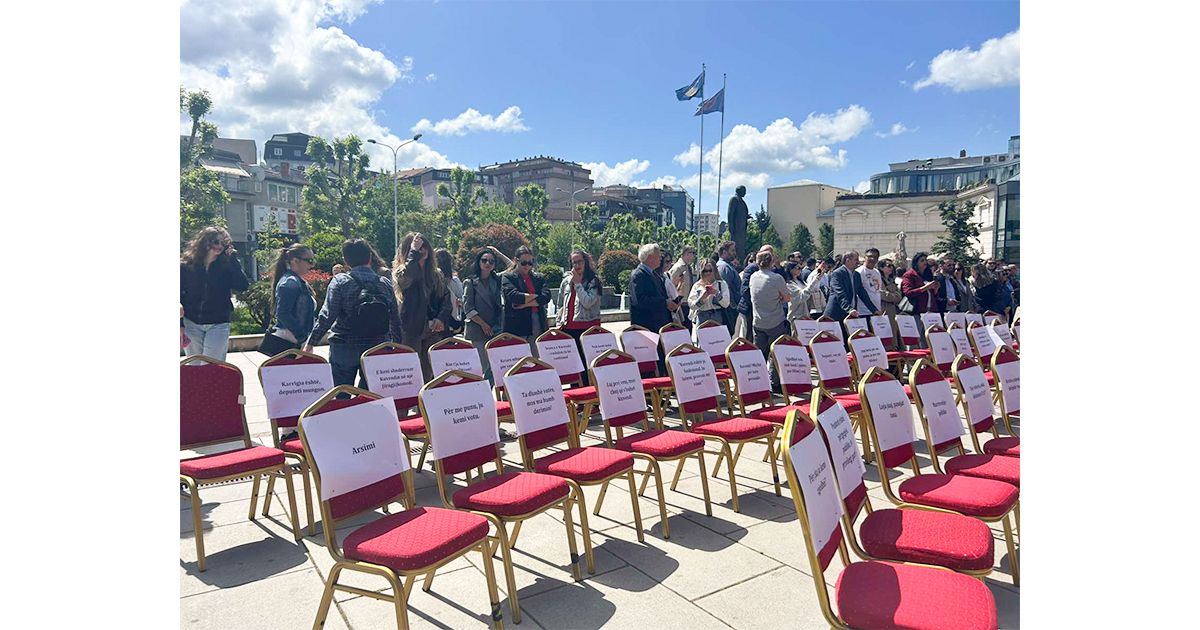On Monday, 23 October, the Executive Director of Kosovo Women’s Network (KWN), Igballe Rogova, met with the Deputy Minister of Finance, Labor, and Transfers, Agon Dobruna, along with the Secretary General of the Ministry, Enis Spahiu.
During this meeting, they discussed KWN’s recommendations for institutionalizing gender-responsive budgeting, which had been previously submitted to the Ministry and other relevant institutions.
Additionally, specific recommendations for Kosovo’s 2024 budget were on the agenda, with the goal of advancing gender equality.
KWN expects that through their cooperation with the Ministry, they will address a variety of issues, with a specific focus on promoting gender equality in Kosovo.
The KWN and Institute GAP’s Policy Brief with recommendations for institutionalising gender-responsive budgeting in Kosovo in accordance with the Law on Gender Equality and with specific recommendations for the 2024 Kosovo Budget, which will contribute to furthering gender equality, can be found here.



